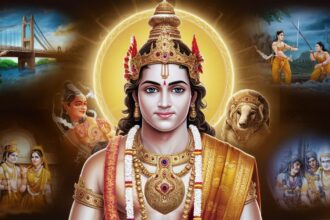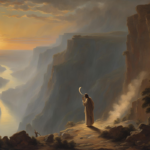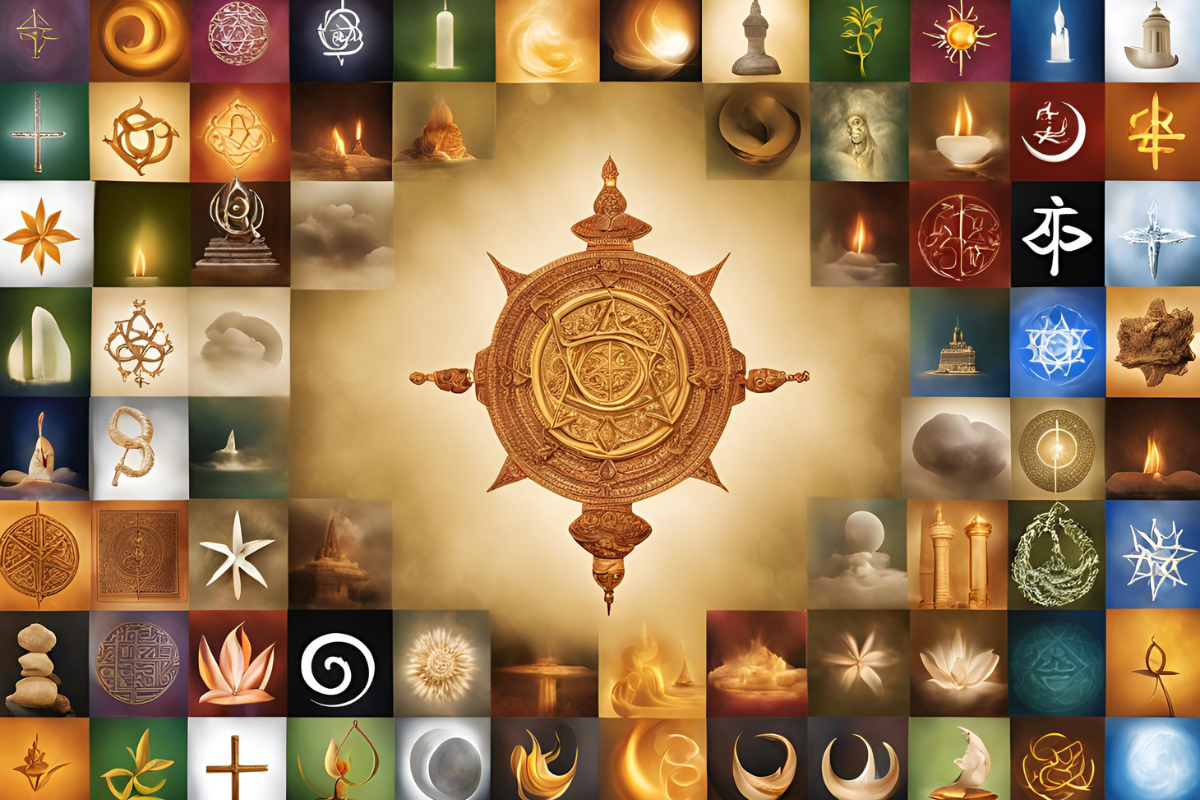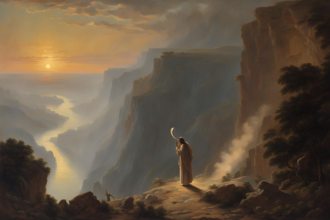The Birthplaces of Belief Systems
Religion has shaped human history in profound ways, influencing cultures, societies, and civilizations. Understanding the origins of major world religions provides insight into their development and significance.
Hinduism: The Ancient Vedic Tradition
Origin: Hinduism is often considered one of the world’s oldest religions, with roots tracing back to the ancient Indus Valley Civilization (around 2500-1500 BCE) and the Vedic period (1500-500 BCE) in India.
Foundational Texts: The Vedas, a collection of ancient sacred texts written in Sanskrit, form the basis of Hindu beliefs. Key scriptures include the Rigveda, Samaveda, Yajurveda, and Atharvaveda.
Core Beliefs: Hinduism is characterized by a belief in a supreme being (Brahman), the cycle of rebirth (samsara), karma (the law of cause and effect), and the pursuit of liberation (moksha) from this cycle.
Buddhism: The Path of Enlightenment
Origin: Buddhism originated in the 5th century BCE in what is now Nepal and northeastern India, founded by Siddhartha Gautama, known as the Buddha (“The Enlightened One”).
Foundational Texts: The Tripitaka (Pali Canon) and the Mahayana Sutras are central texts. The Tripitaka consists of three “baskets” or sections: the Vinaya Pitaka (monastic rules), the Sutta Pitaka (discourses), and the Abhidhamma Pitaka (philosophical and doctrinal teachings).
Core Beliefs: Buddhism emphasizes the Four Noble Truths, which outline the nature of suffering and the path to its cessation through the Eightfold Path. It focuses on achieving Nirvana, a state of liberation from suffering and rebirth.
Judaism: The Covenant with God
Origin: Judaism traces its origins to the ancient Hebrews in the Near East, with the traditional start of the Jewish faith marked around the 2nd millennium BCE with the covenant between God and Abraham.
Foundational Texts: The Hebrew Bible, especially the Torah (the first five books of the Bible), is central to Jewish faith. The Talmud, a collection of rabbinic discussions and interpretations, also plays a significant role.
Core Beliefs: Judaism is monotheistic, emphasizing the belief in one, all-powerful God. Key concepts include the covenant between God and the Jewish people, the importance of following God’s commandments, and the eventual coming of the Messiah.
Christianity: The Teachings of Jesus Christ
Origin: Christianity emerged in the 1st century CE in the Roman province of Judea, based on the life and teachings of Jesus of Nazareth, who Christians believe is the Son of God and the awaited Messiah.
Foundational Texts: The Bible, comprising the Old Testament (shared with Judaism) and the New Testament (which includes the Gospels, Acts, Epistles, and Revelation), is the central text for Christians.
Core Beliefs: Christianity centers on the belief in Jesus Christ’s death and resurrection, which offers salvation and eternal life to believers. It emphasizes love, forgiveness, and the teachings of Jesus as a guide for living a moral life.
Islam: The Revelation of the Quran
Origin: Islam began in the 7th century CE in the Arabian Peninsula, with the Prophet Muhammad receiving revelations from God (Allah) through the angel Gabriel.
Foundational Texts: The Quran is the holy book of Islam, considered the literal word of God as revealed to Muhammad. The Hadith, a collection of sayings and actions of Muhammad, also guides Islamic practice.
Core Beliefs: Islam is monotheistic, believing in one God (Allah). The Five Pillars of Islam—Shahada (faith), Salah (prayer), Zakat (charity), Sawm (fasting during Ramadan), and Hajj (pilgrimage to Mecca)—outline the fundamental acts of worship and practice.
Conclusion
Exploring the origins of major world religions reveals the rich tapestry of human belief and spirituality. Each religion offers a unique perspective on existence, morality, and the divine, reflecting the diverse ways in which humans seek meaning and connection. Understanding these origins not only enriches our knowledge of world history but also fosters greater appreciation and respect for the diverse faiths that shape our global community.
More Read


















